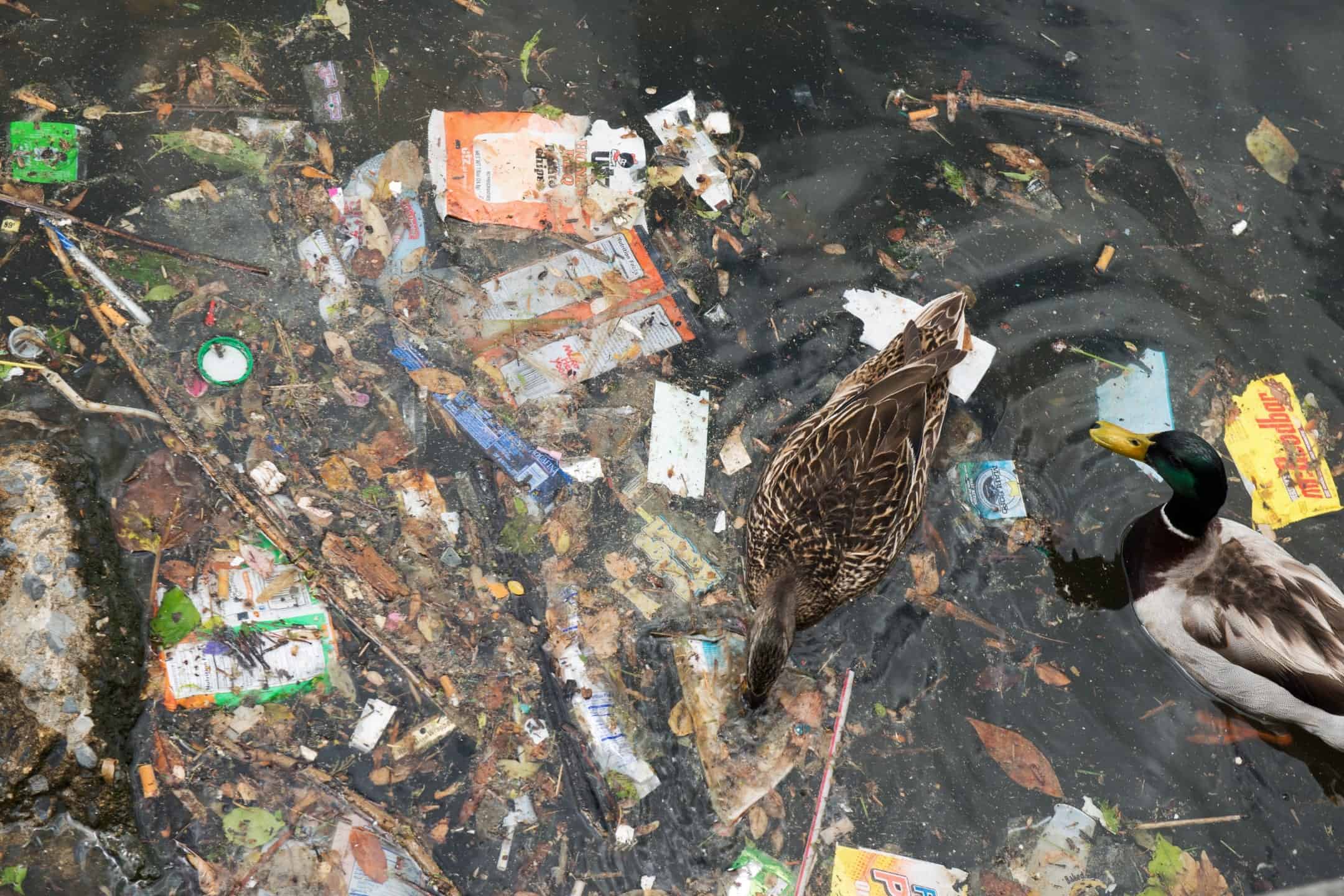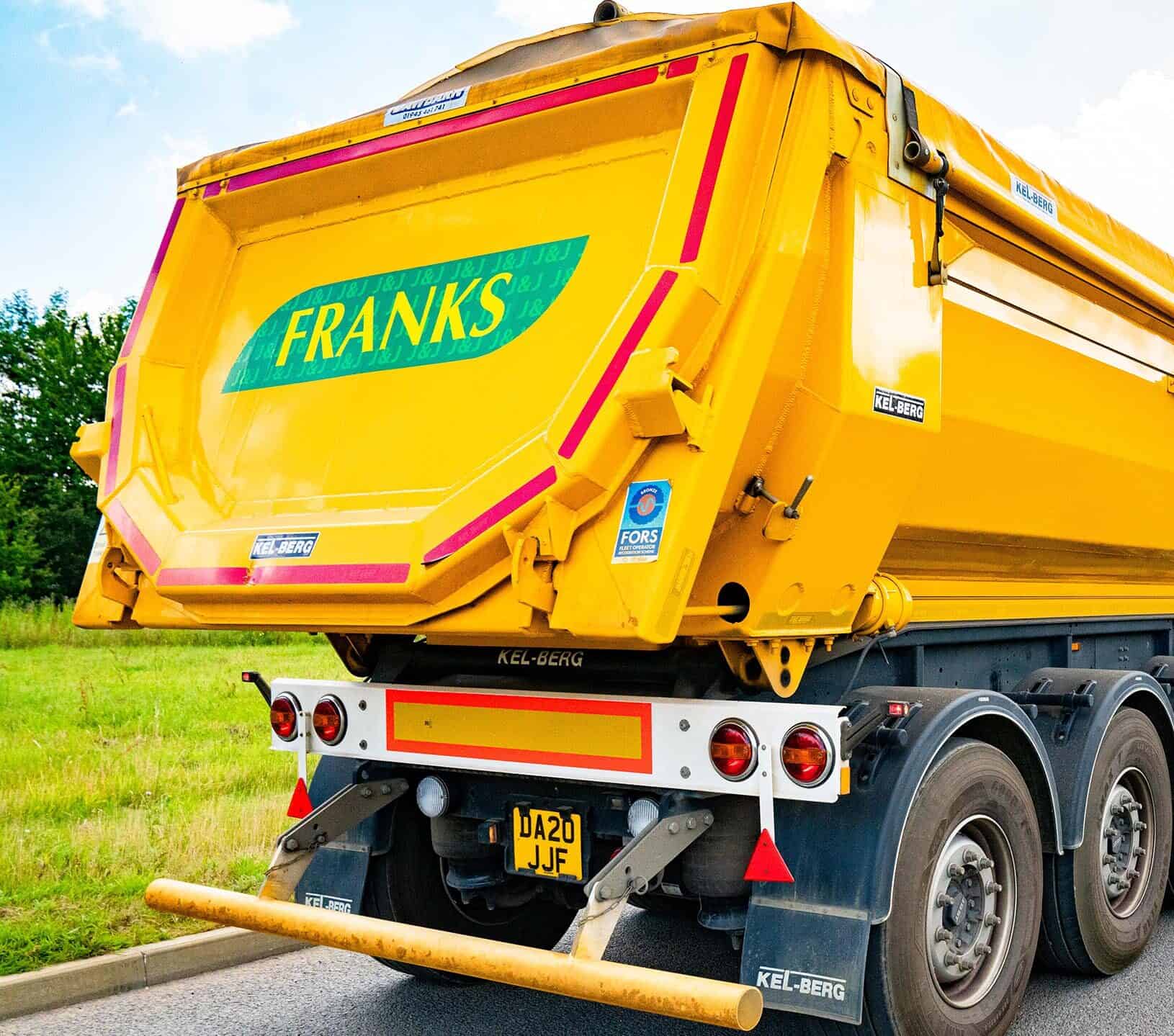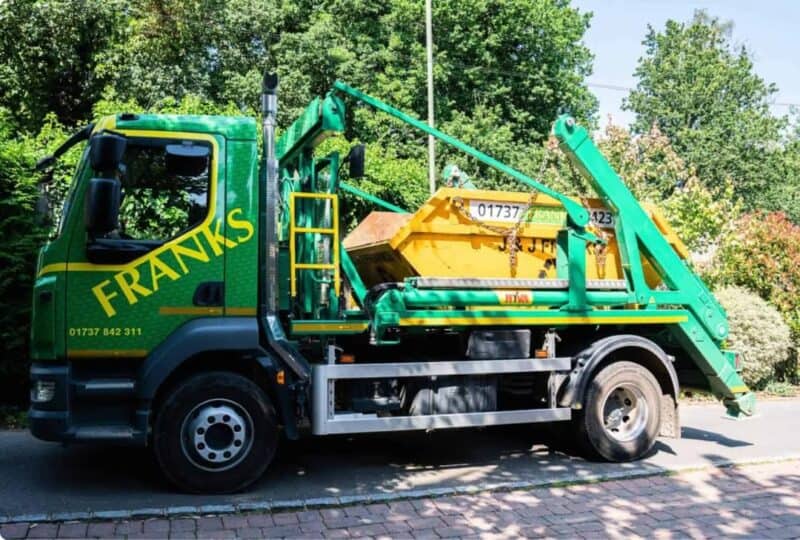At J&J Franks, we understand the critical importance of sustainable waste management practices, particularly when minimising landfill waste is imperative in today’s world. This article will explore the strategies and solutions that can help you minimise your environmental footprint while maximising resource efficiency.
Understanding the Environmental Impact of Landfills
Firstly, it’s crucial to understand the environmental consequences of landfilling. Landfills are significant sources of pollution, emitting harmful substances into the air, soil, and water. Hazardous chemicals from decomposing waste can contaminate groundwater reservoirs, posing risks to human health and ecosystems. Additionally, landfill sites produce methane gas, a potent greenhouse gas contributing to climate change.
Our Approach to Waste Management
At J&J Franks, we’re committed to offering tailored waste management services that prioritise landfill diversion and resource recycling. Our decades of experience in the industry have equipped us with the expertise to assist waste producers in achieving their waste diversion goals. Whether you’re a small business, a construction site, or a residential customer, we have solutions tailored to your specific needs.
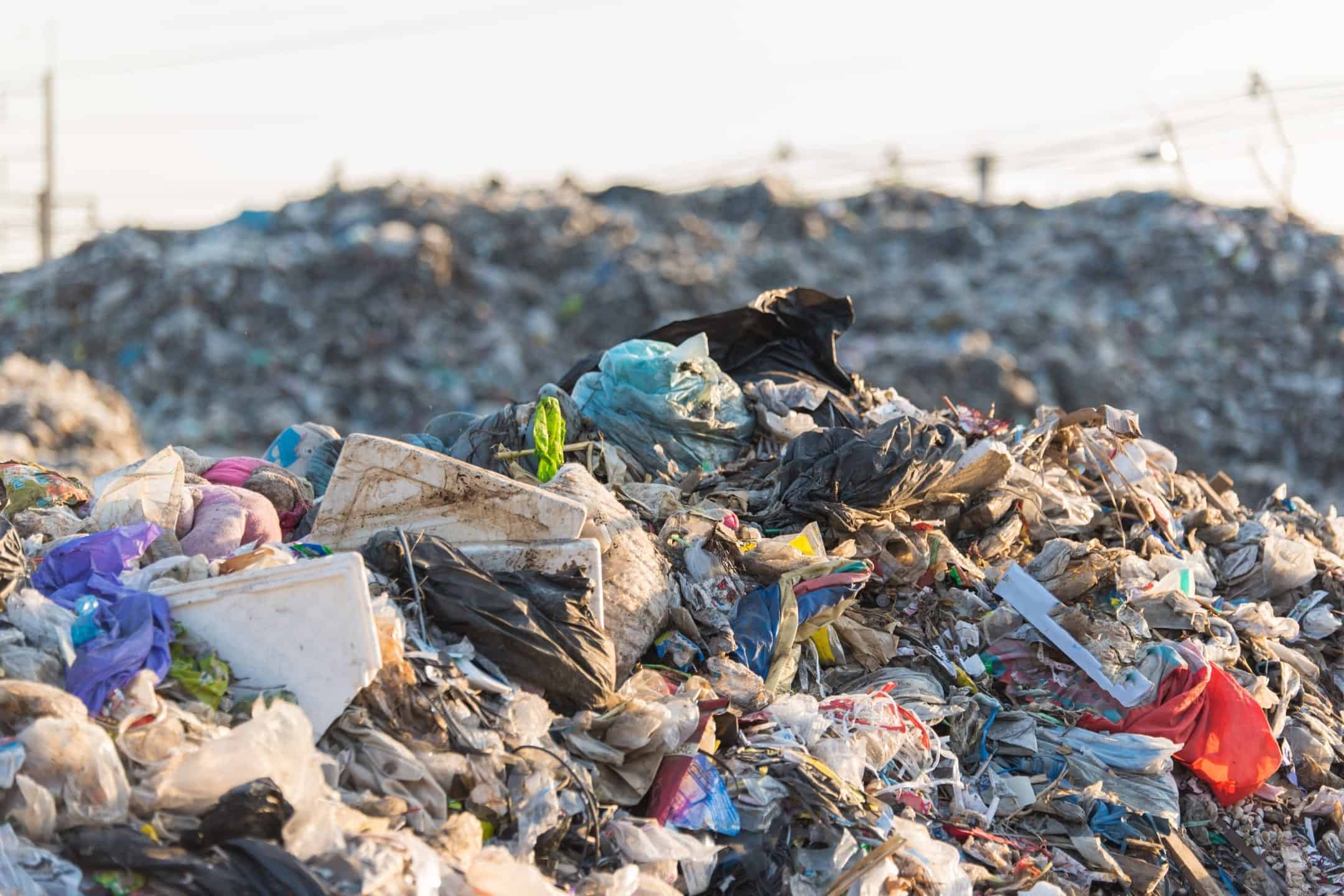
Strategies for Achieving Zero Waste
- Circular Economy Principles: Embrace the principles of the circular economy by designing products and processes with waste reduction and recycling in mind. Minimise waste at the source, prioritise reuse and recycle materials wherever possible.
- Source Separation Programs: Implement effective source separation programs to segregate different types of waste streams at the point of generation. By sorting recyclables, organics, and non-recyclables separately, you can optimise the recycling process and maximise material recovery.
- Exploring Alternative Waste Treatment Methods: Consider alternative waste treatment methods such as composting for organic waste. These processes can convert organic waste into valuable resources like compost and biogas, reducing the need for landfill disposal.
- Working with Waste Management Partners: Build partnerships with waste management companies like J&J Franks to ensure proper collection, processing, and recycling of waste materials. Leverage the expertise and infrastructure of waste management professionals to achieve high waste diversion rates.
- Educating Stakeholders: Raise awareness among employees, customers, and suppliers about the importance of waste diversion and sustainable practices. Implement training programs and communication campaigns to create a culture of waste reduction and recycling within your organisation.
- Continuous Improvement and Innovation: Embrace innovation and continuous improvement in waste management practices. Stay informed about new technologies, best practices, and regulatory developments to optimise processes and reduce waste generation.
Common Challenges in Waste Diversion
Common challenges and barriers often arise when implementing effective waste diversion programs, such as limited infrastructure, lack of awareness, and financial constraints. Overcoming these obstacles requires strategic approaches. Firstly, addressing limited infrastructure involves collaboration to invest in and expand recycling facilities, along with developing initiatives like curbside recycling programs to increase public access. Secondly, combating the lack of awareness necessitates the launch of education campaigns to inform about recycling benefits and proper practice. Finally, tackling financial constraints involves exploring funding opportunities and incentives for waste diversion projects, as well as implementing cost-saving measures like efficient packaging and product redesign. By proactively addressing these challenges, businesses and municipalities can advance their waste diversion efforts and work towards a more sustainable future.
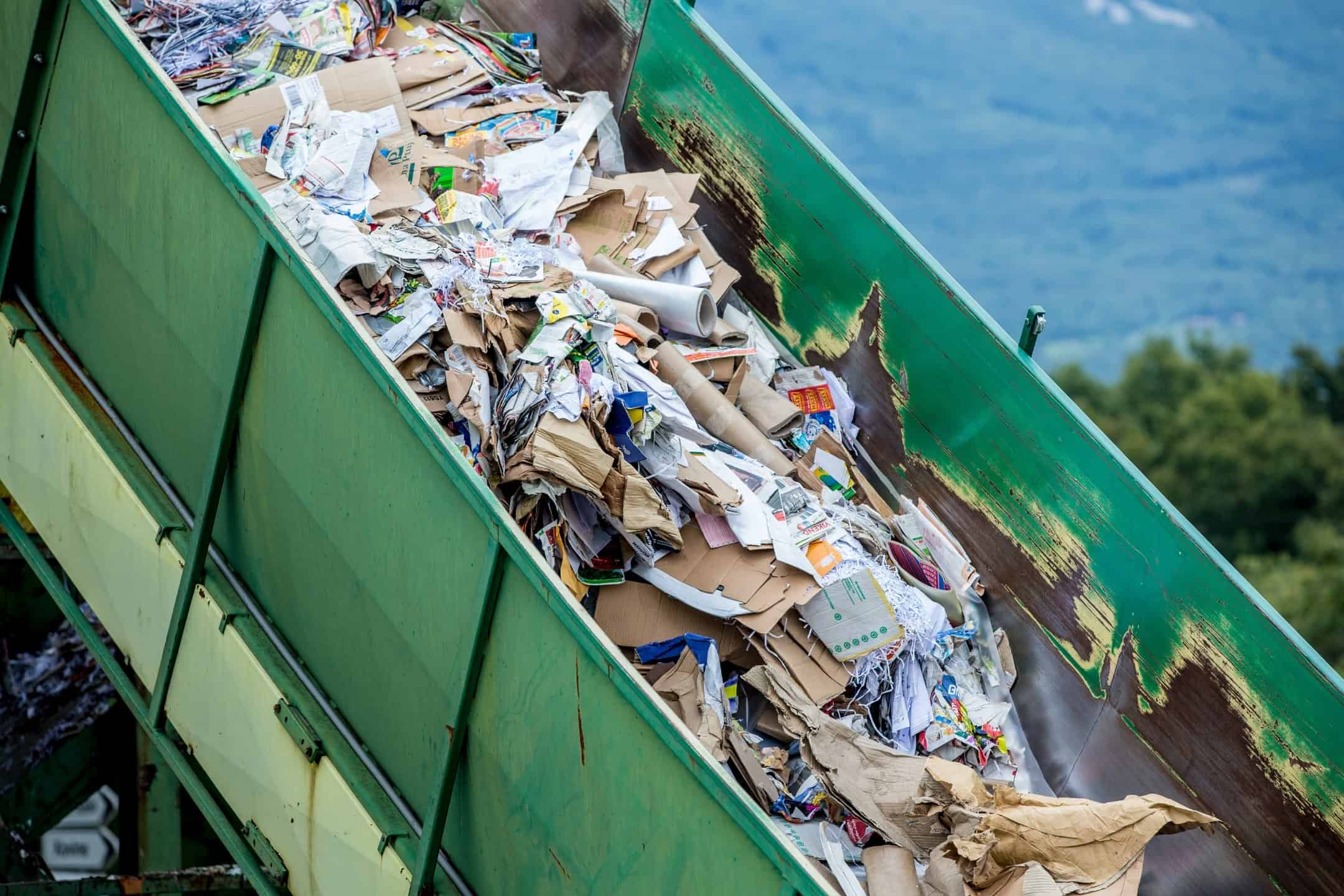
Long Term Sustainability Planning
Long term sustainability planning plays an important role in waste management. Planning allows for the identification of potential challenges and opportunities, enabling measures to be taken to address them. Ultimately, integrating sustainability into waste management practices ensures environmental responsibility and contributes to the creation of a more sustainable future for generations to come.
What sets J&J Franks apart is our commitment to customer satisfaction. With our facilities and experienced team, we’re equipped to handle all your waste management needs efficiently and responsibly. By partnering with J&J Franks, waste producers can be sure that their waste is being managed in a sustainable and environmentally responsible manner.
Achieving maximum waste diversion is not only achievable but essential for preserving our resources and mitigating environmental impact. By implementing the strategies outlined in this guide and partnering with a trusted waste management provider like J&J Franks, waste producers can take meaningful steps towards a more sustainable future. Contact us to get a start today!
